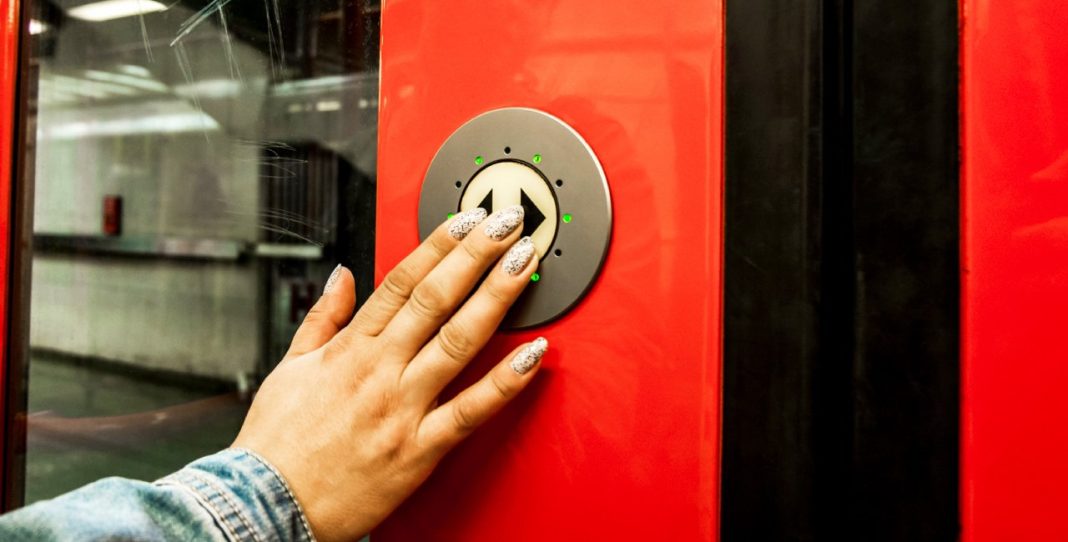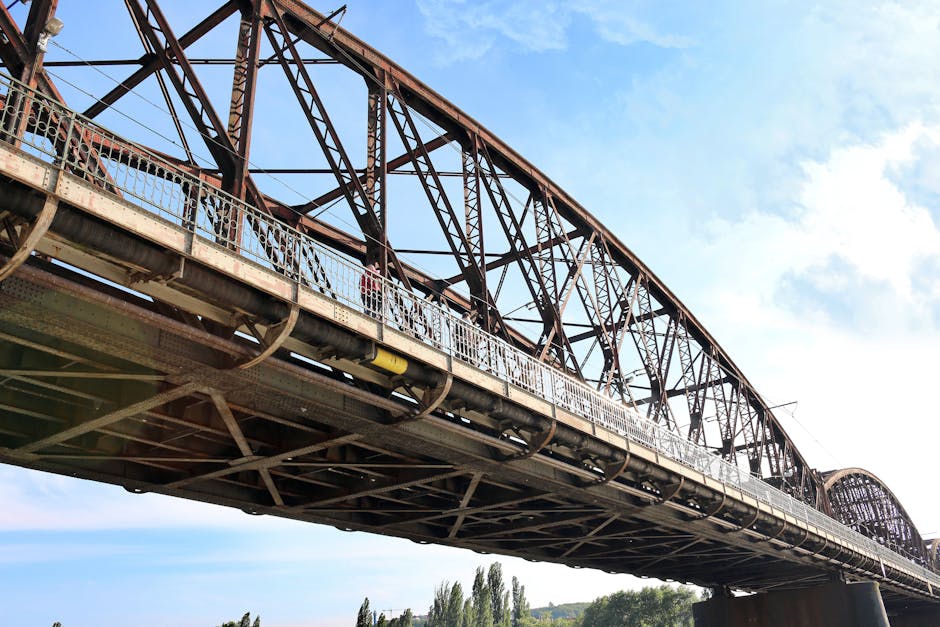Prague’s metro system is stepping into the future with the introduction of automated trains. This move coincides with a time of heightened public health awareness due to a hepatitis outbreak, necessitating a comprehensive approach to safety and sanitation.
Introducing Automation to Prague’s Metro

The Prague metro system, known for its efficiency and extensive reach across the city, is embracing the latest in transportation technology by rolling out automated trains. This initiative aims to enhance the operational efficiency of the metro, reduce human error, and offer a more reliable service to passengers. Automation brings the promise of quicker, more frequent trains, substantially cutting the wait time for commuters.
Automation is not just about efficiency but also about sustainability. The new trains are designed to be more energy-efficient, reducing the carbon footprint compared to traditional metro systems. This shift aligns with Prague’s broader goals of improving urban transportation infrastructure while being environmentally conscious.
Health and Safety in Light of the Hepatitis Outbreak

As Prague implements its metro automation, the city faces a hepatitis outbreak that has raised concerns about public health and safety. The health department has intensified efforts to curb the spread, focusing on hygiene practices within public transportation. Enhanced cleaning protocols have been established, with frequent disinfection of trains and stations.
In addition to sanitation measures, the city is also considering the installation of hand sanitizing stations at all metro entries. Public announcements urging passengers to maintain personal hygiene and report any symptoms of illness are part of the awareness campaign to keep the public well-informed and proactive.
Public Response and Compliance

The reaction from Prague’s residents to both the automation of the metro and the hepatitis outbreak has been mixed. While the modernization of the metro system has been welcomed, there is a cautious approach towards how changes will be implemented amidst health concerns. Commuters appreciate the convenience but are also wary about ensuring their safety.
Compliance with health guidelines has generally been high, with most citizens adhering to recommended practices such as wearing masks and using hand sanitizers. The government’s transparent communication has been crucial in instilling public trust and cooperation.
The Future of Prague’s Public Transport

Looking ahead, the success of the metro automation project will serve as a blueprint for other cities in the region considering similar advancements. Prague’s ability to integrate cutting-edge technology with robust health safety measures will be key in setting a standard for future projects.
Sustainability and innovation remain at the forefront of Prague’s plans for its transport network, with further investments promised in smart transportation solutions. The city aims to create an interconnected urban mobility system where safety and efficiency coexist.
Prague’s transition to an automated metro system, amidst a sensitive public health scenario, underscores the city’s resilience and forward-thinking approach in urban planning. As citizens adapt to these changes, the emphasis remains on balancing innovation with safety.





